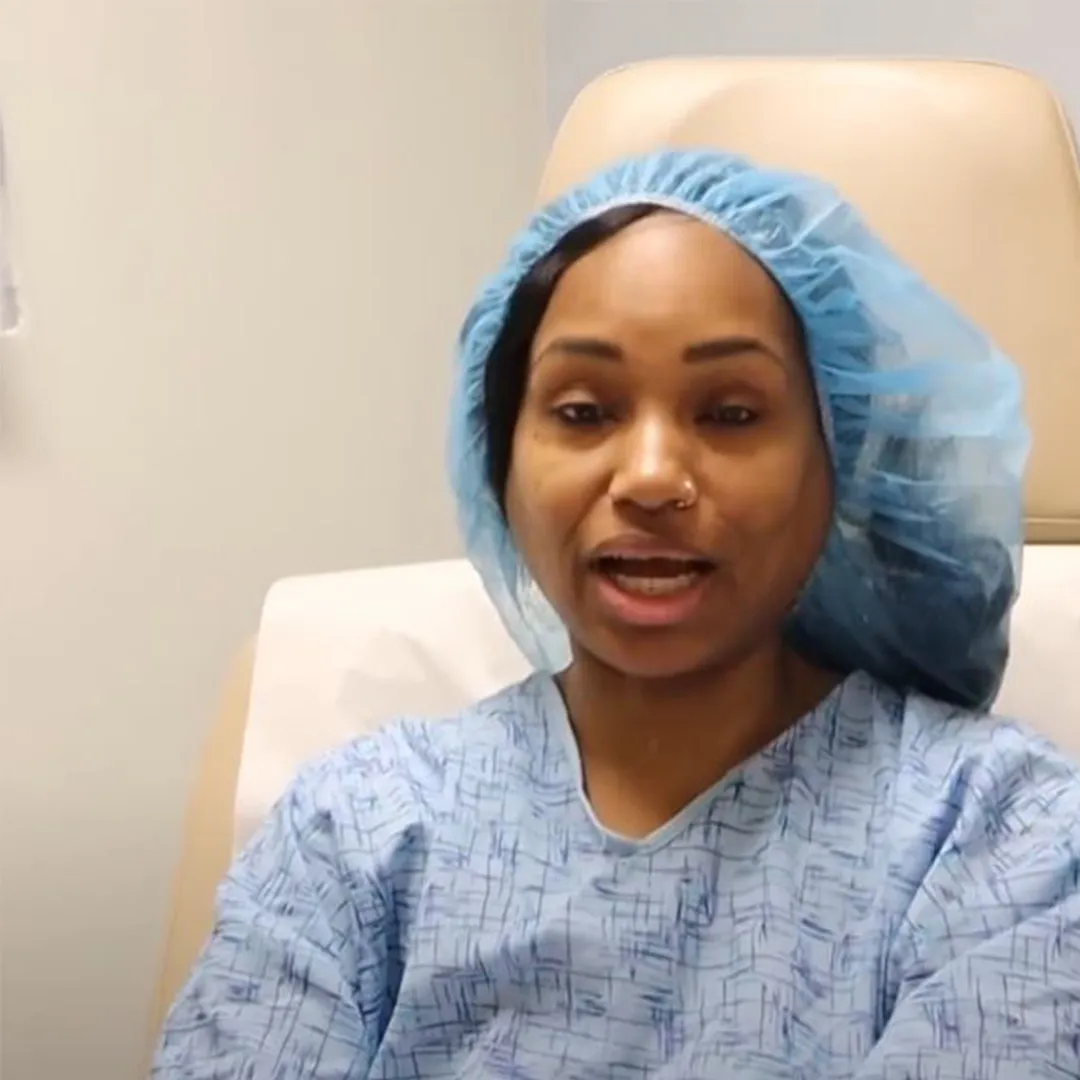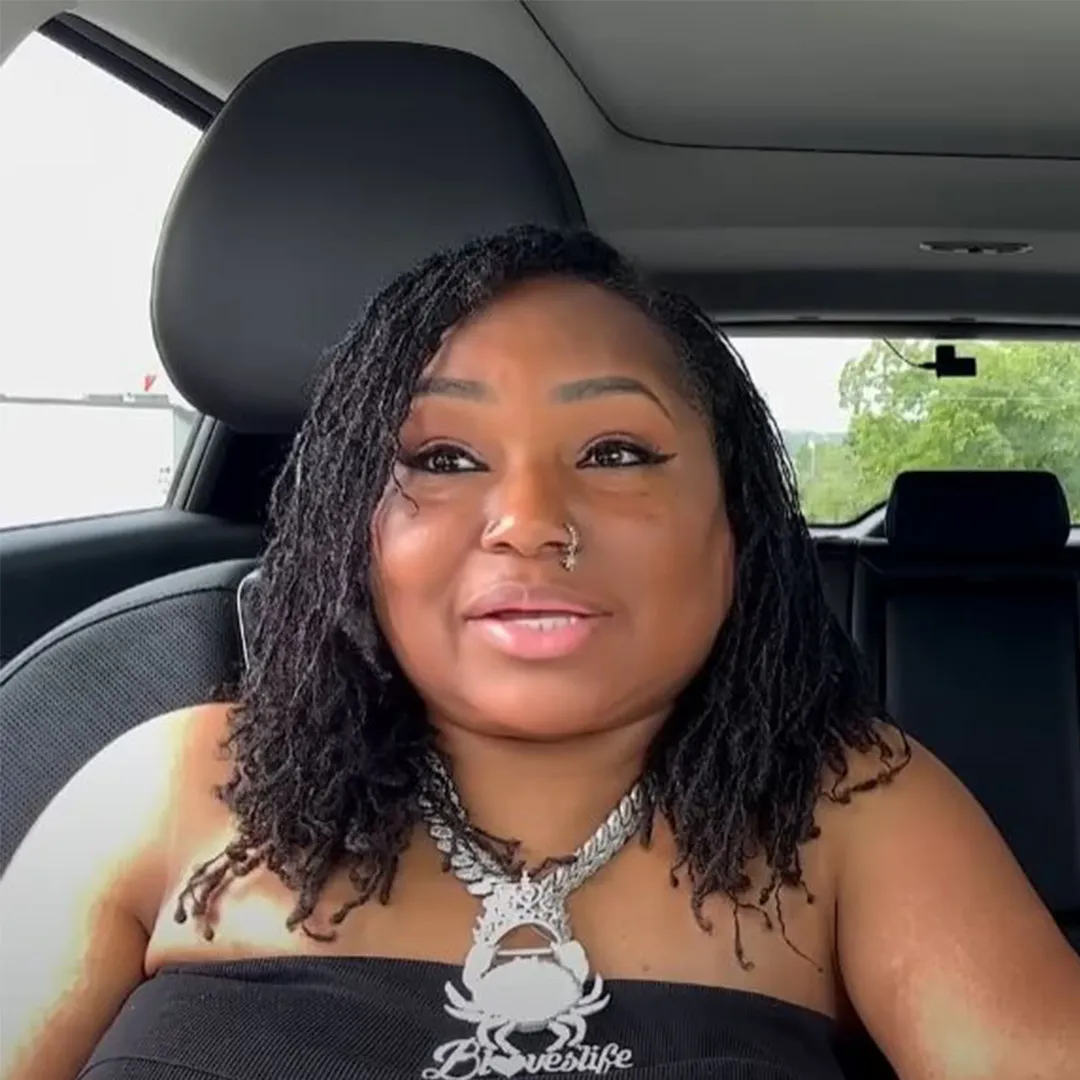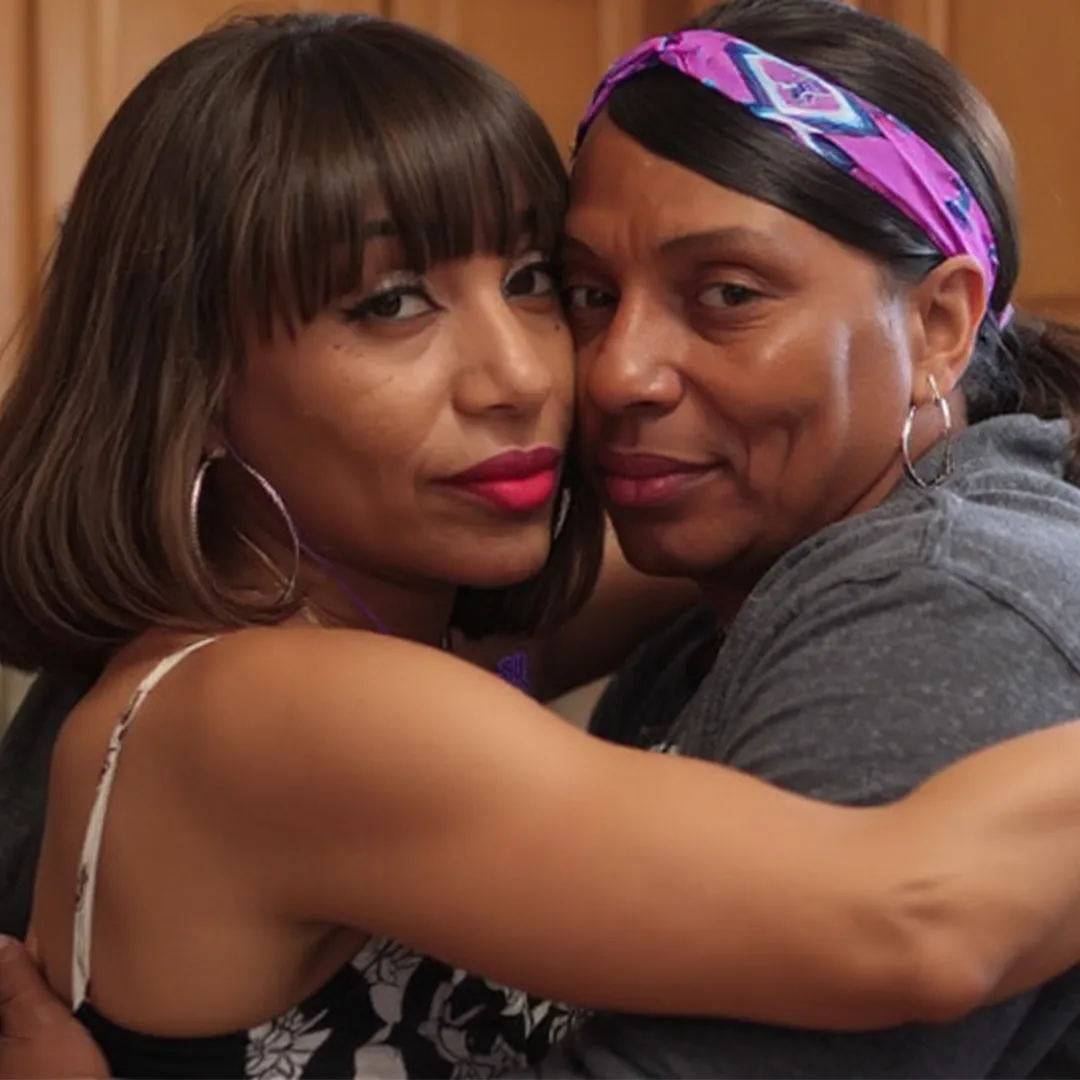I once heard a powerful and heartbreaking story about Toya’s mom—the mother of Lil Wayne’s daughter. She didn’t want to see a doctor, no matter how much Toya insisted. The reason? Years earlier, Toya’s aunt had gone in for what seemed like a routine check-up. She felt fine. But after being diagnosed with cancer, she passed away just six months later. That experience left a deep scar. Toya’s mom wasn’t just avoiding the doctor—she was terrified of hearing bad news that might feel like a death sentence.
( If you enjoyed this post and want to try the ingredients and tools that helped shape the Bloveslife brand, feel free to check them out below! Every view or purchase you make is a way of supporting Blove’s passion and dedication to the community.
- 7.5 Quart Cast Iron Dutch Oven: https://amzn.to/4dcUqms
- Lodge Pre-seasoned Cast Iron Skillet: https://amzn.to/3TyyMSA
- Bamboo Seasonings Box with Mini Spoon: https://amzn.to/4dfHzA6 )

That fear isn’t uncommon. In fact, it’s a real psychological issue deeply rooted in the Black community—a form of generational trauma that often goes unspoken.
There’s a quiet but painful reality many Black families live with: the belief that going to the doctor means something bad is going to happen. It’s not just superstition. It’s survival instinct shaped by decades of mistrust, systemic neglect, and painful experiences.
Many Black individuals—especially women—have felt unheard, unseen, or dismissed in medical settings. When a Black woman says she’s in pain, too often the response isn’t compassion, but skepticism. “Are you sure it’s that bad?” “Maybe you’re overreacting.” These aren’t rare comments—they’re routine. And they’re dangerous.

There’s even data to back this up. Studies have shown that some doctors actually believe Black people can handle more pain. Imagine that: medical professionals trained to save lives, operating under the harmful belief that you feel less. That myth has cost lives—Black lives. It means pain is overlooked, treatment is delayed, and conditions become deadly.
Even when we try to seek care from within our own community, the system doesn’t always work in our favor. Black doctors can be scarce, especially in underserved areas. And sadly, some Black doctors may carry internalized biases themselves, shaped by the same flawed training systems.

This isn’t just about access. It’s about respect, trust, and humanity.
We need to normalize regular checkups. We need to speak openly about our fears—but also fight for better, more culturally competent healthcare. No one should be afraid of their own health. No one should have to trick a loved one into getting help.
Our stories matter. Our lives matter. And so does our healing.




